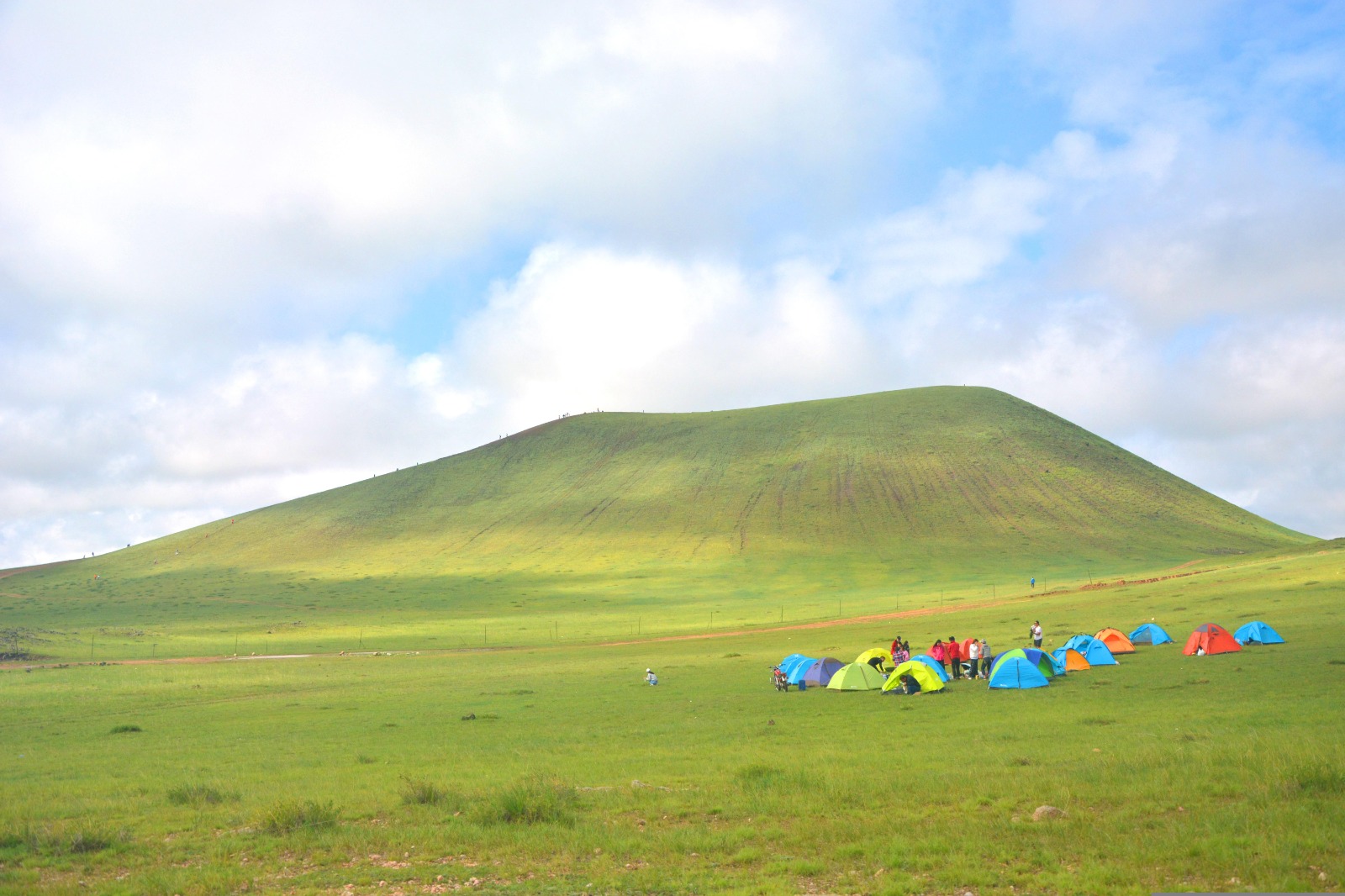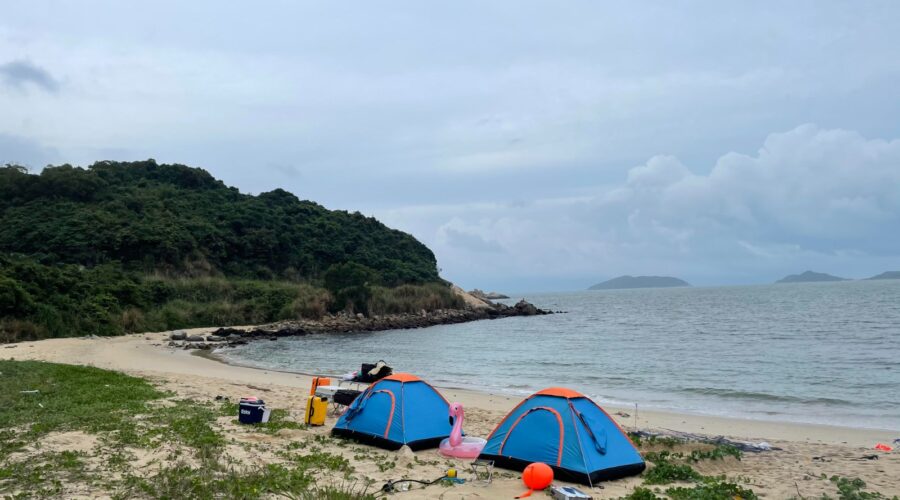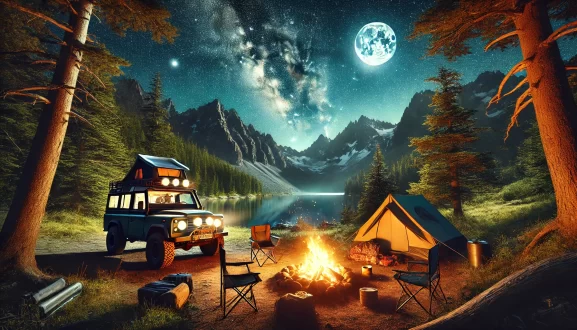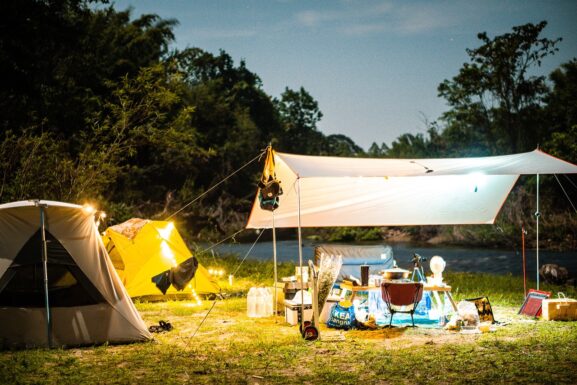Why Fixed Camping & Overlanding Sites Are Better for the Environment in India?

Overlanding in India has gained immense popularity among adventure enthusiasts and nature lovers alike. It offers the perfect opportunity to connect with the great outdoors, explore remote destinations, and experience the thrill of the open road. However, responsible overlanding also means considering the environmental impact of our adventures.
In recent years, fixed camping and overlanding sites have emerged as a sustainable alternative to traditional, ad-hoc camping. These sites are thoughtfully selected with the environment in mind, offering a range of benefits (depending on whether free / paid) that make them a superior choice for eco-conscious travelers. In this blog, we’ll explore why fixed camping and overlanding sites are better for the environment in India.
Minimized Habitat Disturbance
One of the primary advantages of fixed camping and overlanding sites is that they are located in areas where environmental impact is minimized. These sites are often carefully selected to reduce disturbance to local wildlife and ecosystems. By choosing fixed Free or Paid sites, overlanders can enjoy their adventures without endangering fragile habitats.
Controlled Footprint
Fixed camping sites whether free or paid usually have designated camping areas, fire pits, and waste disposal facilities (only in paid). This controlled footprint ensures that campers and overlanders do not spread out haphazardly, damaging vegetation or disturbing wildlife. It promotes responsible camping practices that leave minimal impact on the environment.
Waste Management
Responsible waste management is a critical aspect of eco-friendly camping and overlanding. Fixed paid sites typically have waste disposal systems in place, including garbage collection and recycling facilities. This helps prevent litter and pollution, ensuring that the natural beauty of the surrounding area remains intact.
Reduced Soil Erosion
Unregulated camping can lead to soil erosion, especially in sensitive ecosystems. Fixed sites are designed to minimize soil disturbance and erosion by providing stable ground for campers. This is crucial for preserving the integrity of the land and preventing sedimentation in nearby water bodies.
Education and Awareness
Many fixed camping and overlanding sites in India also prioritize environmental education and awareness. Visitors are often provided with information on local flora and fauna, conservation efforts, and responsible outdoor practices. This helps foster a culture of environmental stewardship among overlanders.
Efficient Resource Use
Fixed sites are typically equipped with amenities such as clean water sources and sanitary facilities. By providing these resources centrally, they reduce the need for campers to forage for water or create makeshift facilities, which can disrupt the environment.
Supporting Conservation
Choosing fixed camping and overlanding sites often means supporting local conservation efforts. Many of these sites are managed by local villagers or residents with a vested interest in protecting the natural surroundings. Camping fees and permits often contribute to conservation initiatives in the area.
In conclusion, while the allure of adventurous overlanding in India is undeniable, it’s crucial to prioritize responsible practices that minimize our impact on the environment. Fixed camping and overlanding sites offer an eco-friendly alternative that allows us to enjoy the beauty of the natural world while ensuring its preservation for future generations. By making responsible choices, we can continue to explore the stunning landscapes of India without leaving a detrimental mark on the environment.
Happy Overlanding!!!



